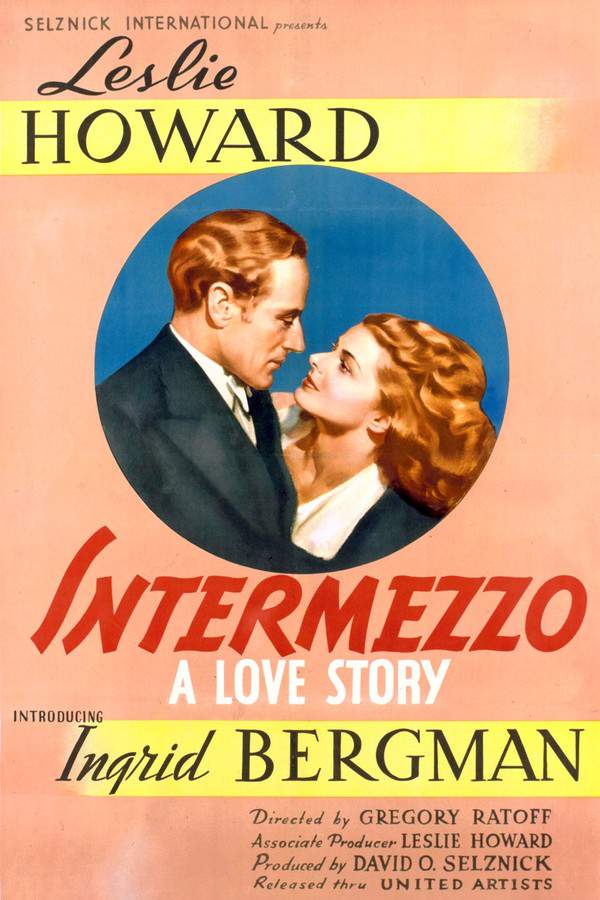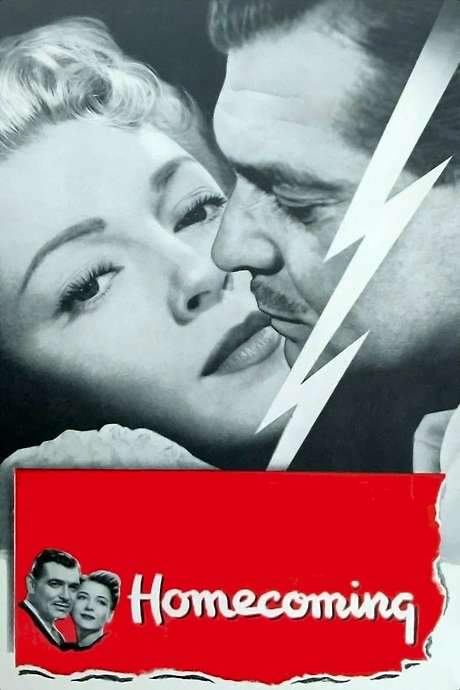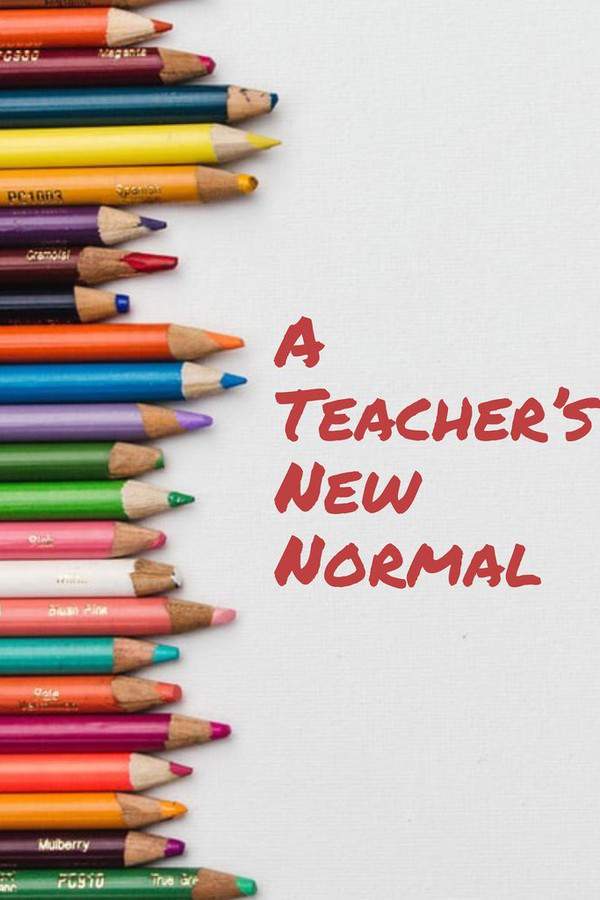
All Things Fair
Year: 1995
Runtime: 125 mins
Language: Swedish
Director: Bo Widerberg
Stig, a fifteen‑year‑old student, becomes infatuated with his thirty‑seven‑year‑old teacher, Viola. He is captivated by her beauty and maturity; she, weary of her drunken, miserable husband, finds a brief escape in his youthful innocence. Their forbidden attraction threatens to upend both their lives.
Warning: spoilers below!
Haven’t seen All Things Fair yet? This summary contains major spoilers. Bookmark the page, watch the movie, and come back for the full breakdown. If you're ready, scroll on and relive the story!
All Things Fair (1995) – Full Plot Summary & Ending Explained
Read the complete plot breakdown of All Things Fair (1995), including all key story events, major twists, and the ending explained in detail. Discover what really happened—and what it all means.
In 1943 Malmö, amid the chaos of World War II, a 15-year-old boy named Stig (Johan Widerberg) threads together school life, family dynamics, and the pull of growing curiosity. He is close to his older brother Sigge (Björn Kjellman), a boxer who will soon be headed to front-line service, and he bears the quietly mounting weight of a world at war.
During a routine class, Stig is kept after by Viola (Marika Lagercrantz), a married teacher who notices him struggling with a note that reveals his budding confusion about sex. As punishment, he is made to wash the blackboard and chase flies from the classroom, a sequence that ironically marks the beginning of a complicated emotional current. Soon, Stig develops an attraction to Viola, and the two embark on an affair that upends the boundaries of their ordinary lives. Viola’s husband Kjell (Tomas von Brömssen), a traveling salesman, is present in their world and becomes a silent witness to the tension simmering at Viola’s home. He is not angry at Stig in the moment, but the bond that forms among them grows in unexpected ways, aided also by a shared appreciation for classical music—a hobby that Stig’s father, who is fond of the theatre but not of such tastes, does not share.
Across the street, Stig’s neighbor and classmate Lisbet (Karin Huldt) develops a crush on him and tries to catch his attention through radio attempts to imitate the Stockholm dialect. Sigge continues to correspond with Stig from aboard a submarine, sending letters written in a secret code, a detail that threads the siblings’ lives even when they are apart.
The truth of the affair is revealed when Kjell unexpectedly encounters Stig at Viola’s home. Kjell’s reaction is restrained, his familiarity with the situation tempered by his own sense of propriety and the strain of his marital problems. As time passes, Kjell’s drinking becomes more evident to Stig, and the boy’s questions about loyalty and honesty grow louder.
Lisbet’s longing leads to a tense moment when she invites Stig to consider their relationship more seriously. The scenario intensifies when Stig’s attempts to connect with Lisbet collide with his secret life, and Lisbet is hurt by his evasions. A later attempt by Stig to reach Lisbet—sneaking into the girls’ locker area to gain a moment of privacy—reflects the desperation and confusion of adolescence, though the details remain shaded in implication rather than explicitness.
Meanwhile, a shadow falls when Stig learns of a submarine disaster that directly links to Sigge’s letters. The news unsettles him deeply, and he keeps the information close for a time, while his mother (Nina Gunke) senses that something about Stig’s school troubles runs deeper than a few late nights at the cinema. The discovery begins to unsettle the fragile balance of home life, and the family’s previously simple rhythms start to fracture under the strain.
One day, Lisbet confronts the spread of their complicated situation when she discovers Stig with Viola in a moment of vulnerability. The confrontation leaves Lisbet dismayed, and Stig’s attempts to smooth things over are complicated by Viola’s own fragile state and her growing sense that their affair cannot be sustained. Viola’s view of Stig’s school performance hardens into a claim that he has failed her class, a claim that weighs on him as the year draws to a close.
On the final day of the school year, the principal informs Stig that he will repeat a grade, and he heads to Viola’s classroom to retrieve her grade book. There, he finds that the pages recording his performance have been torn out, a cruel sign of the power Viola holds over his academic fate. At that very moment, a plane passes overhead and dumps fuel on the school grounds, injuring several students and bringing a sudden, brutal end to the day’s fragile calm.
Stig attends the funerals of his brother and the submariners who lost their lives, a sorrow that reverberates through his family and alters the course of his future. On the journey home by train, his mother expresses regret that she did not advocate more strongly for his schooling, and she begins to suspect that there is more to Stig’s struggles than mere grade problems. Stig urges her to wait to hear the full story “when she’s older,” signaling a painful, unspoken confession that may be reserved for another time.
In a final, defiant act at Viola’s school, Stig confronts her, making clear his decision to reject the manipulation of their relationship and to claim his own dignity. He leaves Viola’s classroom with the dictionaries he has taken from her desk, a tangible reminder of the power dynamics that have played out between them. The film closes with Stig walking away from the school, carrying his stolen dictionaries in a suitcase, and stepping into an uncertain future shaped by war, secrets, love, and the painful consequences of choices made too early.
Last Updated: October 07, 2025 at 09:57
Explore Movie Threads
Discover curated groups of movies connected by mood, themes, and story style. Browse collections built around emotion, atmosphere, and narrative focus to easily find films that match what you feel like watching right now.
Movies about forbidden love and loss of innocence like All Things Fair
Stories of transgressive romance that shatter youthful innocence.If you were captivated by the morally complex and emotionally devastating affair in All Things Fair, explore more movies like it. This collection features similar stories of transgressive romance, power imbalances, and the bittersweet loss of innocence that defines a painful coming of age.
Narrative Summary
These narratives typically follow a younger, more innocent character who becomes entangled in a relationship that is socially or morally forbidden. The initial thrill or escape gives way to manipulation, psychological damage, and a harsh confrontation with reality, culminating in a permanent loss of naivety and a scarred but wiser perspective.
Why These Movies?
Movies in this thread are grouped by their shared focus on the destructive yet formative nature of forbidden relationships. They share a heavy emotional weight, a melancholic or bittersweet tone, and a central theme of a life-altering loss of innocence, often explored through a steady, character-driven pace.
Melancholic wartime dramas with intimate stories like All Things Fair
Intimate personal dramas set against the bleak backdrop of war.For viewers who appreciated how All Things Fair used the setting of WWII to heighten its personal drama, this list offers similar movies. Discover other films where war serves as a poignant backdrop for stories of forbidden romance, family grief, and profound personal change.
Narrative Summary
The narratives in this thread intertwine a central, intimate human story—often a romance or a family drama—with the overarching tension and trauma of a war. The war is not always the main plot driver but constantly looms, influencing decisions, heightening emotions, and symbolizing the larger forces that disrupt and define personal lives.
Why These Movies?
These films are connected by their specific mood blend: the intimate scale of a personal dilemma contrasted with the impersonal scale of war. They share a steady, contemplative pacing that allows for deep character exploration, a consistently melancholic tone, and a feeling that personal fates are entangled with historical events.
Unlock the Full Story of All Things Fair
Don't stop at just watching — explore All Things Fair in full detail. From the complete plot summary and scene-by-scene timeline to character breakdowns, thematic analysis, and a deep dive into the ending — every page helps you truly understand what All Things Fair is all about. Plus, discover what's next after the movie.
All Things Fair Timeline
Track the full timeline of All Things Fair with every major event arranged chronologically. Perfect for decoding non-linear storytelling, flashbacks, or parallel narratives with a clear scene-by-scene breakdown.

Characters, Settings & Themes in All Things Fair
Discover the characters, locations, and core themes that shape All Things Fair. Get insights into symbolic elements, setting significance, and deeper narrative meaning — ideal for thematic analysis and movie breakdowns.

All Things Fair Spoiler-Free Summary
Get a quick, spoiler-free overview of All Things Fair that covers the main plot points and key details without revealing any major twists or spoilers. Perfect for those who want to know what to expect before diving in.

More About All Things Fair
Visit What's After the Movie to explore more about All Things Fair: box office results, cast and crew info, production details, post-credit scenes, and external links — all in one place for movie fans and researchers.

Similar Movies to All Things Fair
Discover movies like All Things Fair that share similar genres, themes, and storytelling elements. Whether you’re drawn to the atmosphere, character arcs, or plot structure, these curated recommendations will help you explore more films you’ll love.
Explore More About Movie All Things Fair
All Things Fair (1995) Scene-by-Scene Movie Timeline
All Things Fair (1995) Movie Characters, Themes & Settings
All Things Fair (1995) Spoiler-Free Summary & Key Flow
Movies Like All Things Fair – Similar Titles You’ll Enjoy
A Teacher (2013) Movie Recap & Themes
Fierce People (2007) Complete Plot Breakdown
Someday We’ll Tell Each Other Everything (2024) Detailed Story Recap
Strange Daughter (2017) Plot Summary & Ending Explained
Swedish Beauty (2000) Ending Explained & Film Insights
An Affair (2018) Full Summary & Key Details
Young Love (2001) Ending Explained & Film Insights
Forbidden Love (1990) Full Summary & Key Details
The Teacher (1974) Movie Recap & Themes
The Seduction of Inga (1968) Story Summary & Characters
One Swedish Summer (1968) Story Summary & Characters
Swedish and Underage (1969) Full Summary & Key Details
A Swedish Love Story (1970) Film Overview & Timeline
Maid in Sweden (1971) Spoiler-Packed Plot Recap
The Beautiful Person (2008) Spoiler-Packed Plot Recap










































